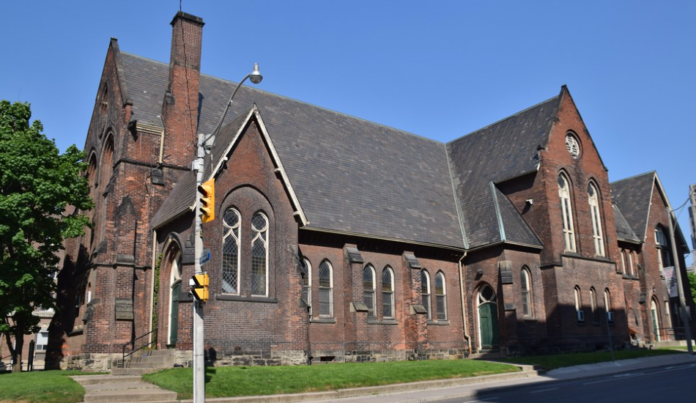Ontario Construction News staff writer
The City of Toronto has announced the eight buildings participating in the deep retrofit challenge (DRC), a competition with up to $5 million available from Natural Resources Canada provided through its green infrastructure – energy efficient buildings program.
Through the DRC, grants of up to $500,000 will be awarded to each of the buildings, seven of which are privately-owned, to support “deeper-than-planned” energy retrofits. Grants will offset the incremental design and construction costs required to achieve maximum greenhouse gas (GHG) emissions reductions.
Participating buildings:
- 350 Bay St. (Dream Office REIT)
- 723 Bloor St. W. (Dream Unlimited)
- 88 College St. (The Governing Council of the University of Toronto)
- 1-15 Field Sparroway and 2-10 Tree Sparroway (Toronto Community Housing)
- 633 Northcliffe Blvd. (Northcliffe Inc.)
- 177 St. George St. (Dream Unlimited)
- 145 Woodward Ave. (145 Woodward Ave. Inc.)
- 61 Yorkville Ave. (Minto Apartment Limited Partnership)
Participants are finalizing designs and energy modelling, the final selection of energy conservation measures and payback calculations. To remain eligible for funding, participants must deliver a final design to that verifies that their proposed projects will meet all DRC program requirements, including:
- Minimum 50 per cent reduction in the building’s GHG emissions
- Minimum 50 per cent reduction in total energy use intensity
- Payback period of 20 years or less
Retrofits will be completed by early 2025. Once complete, the City will develop and publicly release comprehensive case studies on completion of the retrofits, including the retrofit designs, utility savings, project costs and lessons learned.
The program was launched last year to accelerate emissions reductions from buildings in Toronto and identify pathways to net zero that can be replicated in other buildings across the city. The city received 14 applications and accepted 11 conditionally, with eight building owners now fully committed
Toronto has set a target to cut community-wide emissions in half over the next seven years – to reach net zero by 2040.
Buildings are the largest source of GHG emissions in Toronto today, generating approximately 58 per cent of community-wide emissions, primarily from the burning of natural gas for heating and hot water. The City controls only about five per cent of community-wide emissions directly through its own buildings and operations, making a community-wide effort essential to reaching net zero emissions.
More information about participants and their projects is available on the City’s Deep Retrofit Challenge webpage.To receive updates about the projects, residents can ask to be added to a mailing list by emailing drc@toronto.ca.
“Reducing emissions from buildings across Toronto is a critical piece of the City’s TransformTO Net Zero Strategy and something we must do quickly to address the climate crisis,” said Deputy Mayor Jennifer McKelvie. “Through the Deep Retrofit Challenge, we are accelerating emissions reductions and creating pathways for other buildings to follow. Reducing emissions to net zero will require significant community-wide action and investments by other levels of government.”







